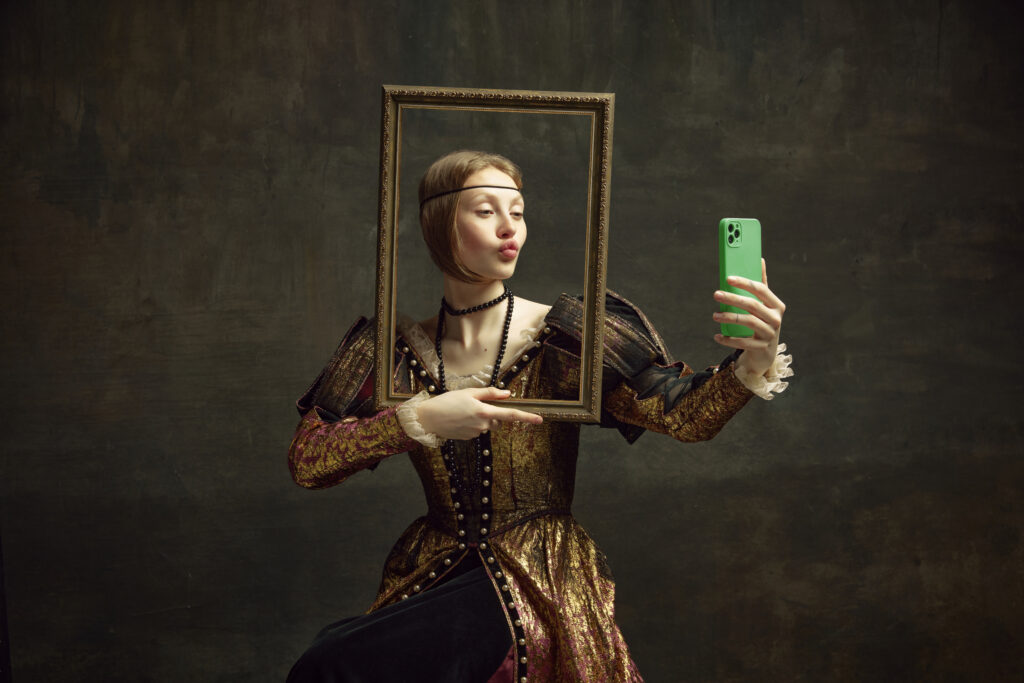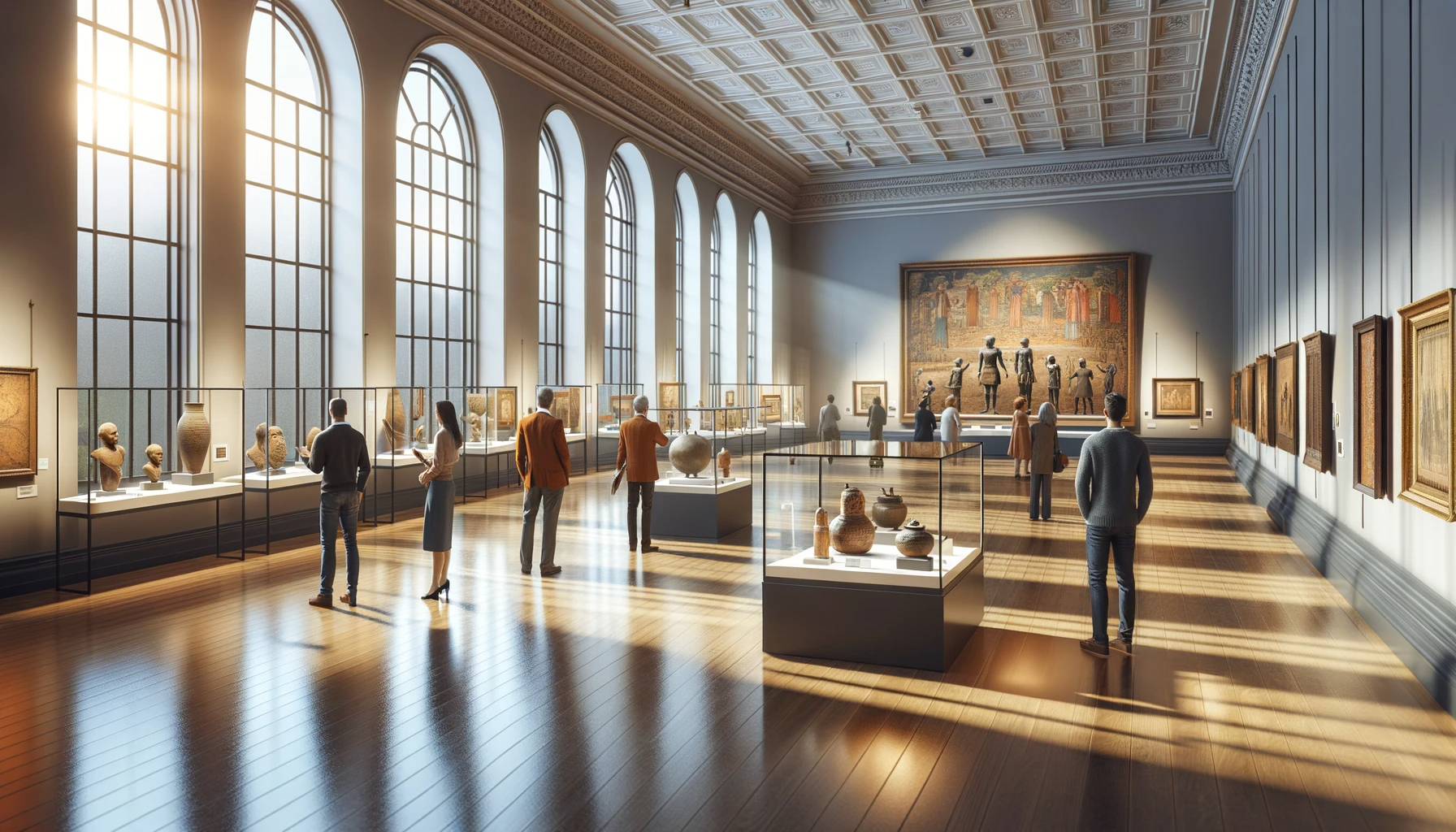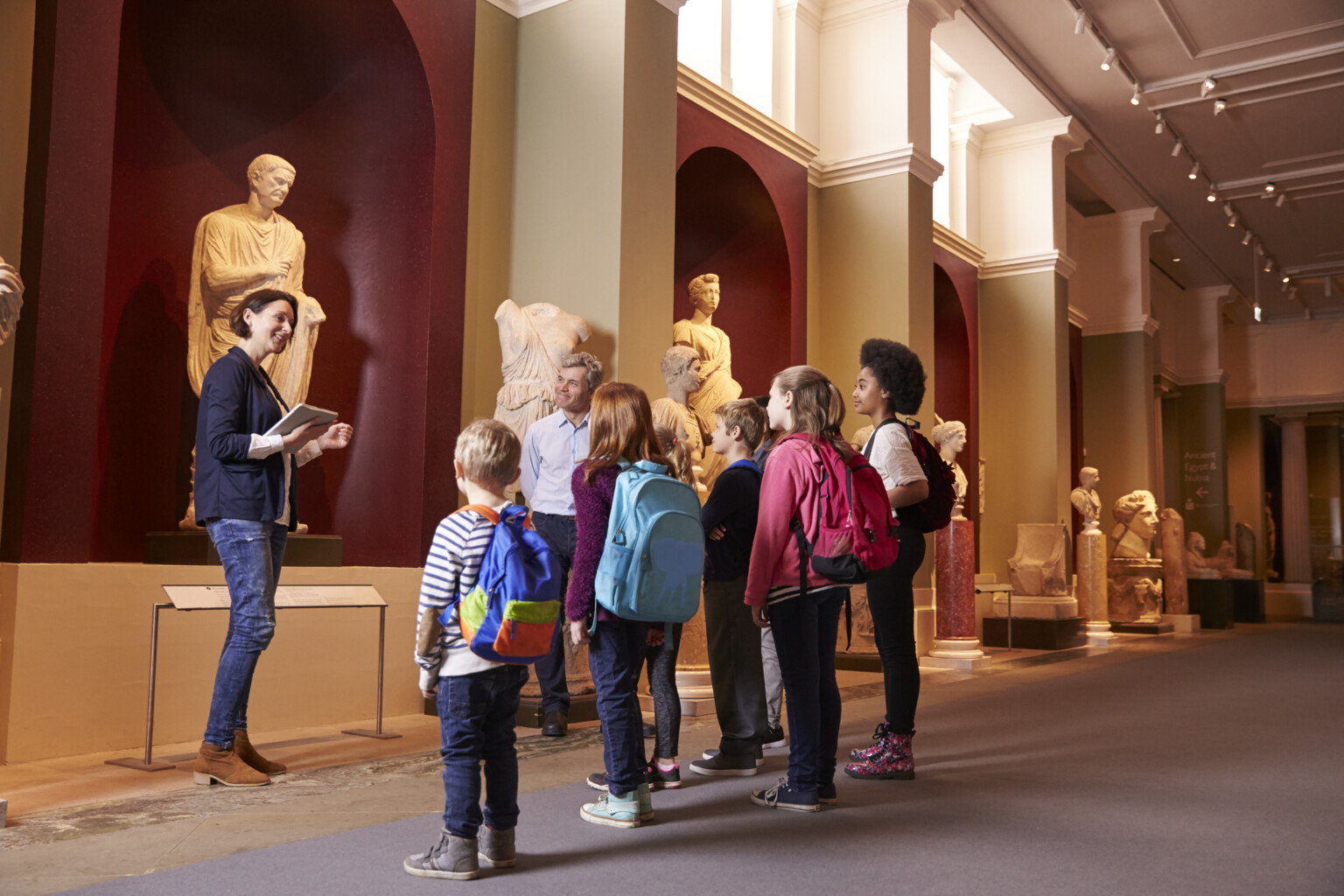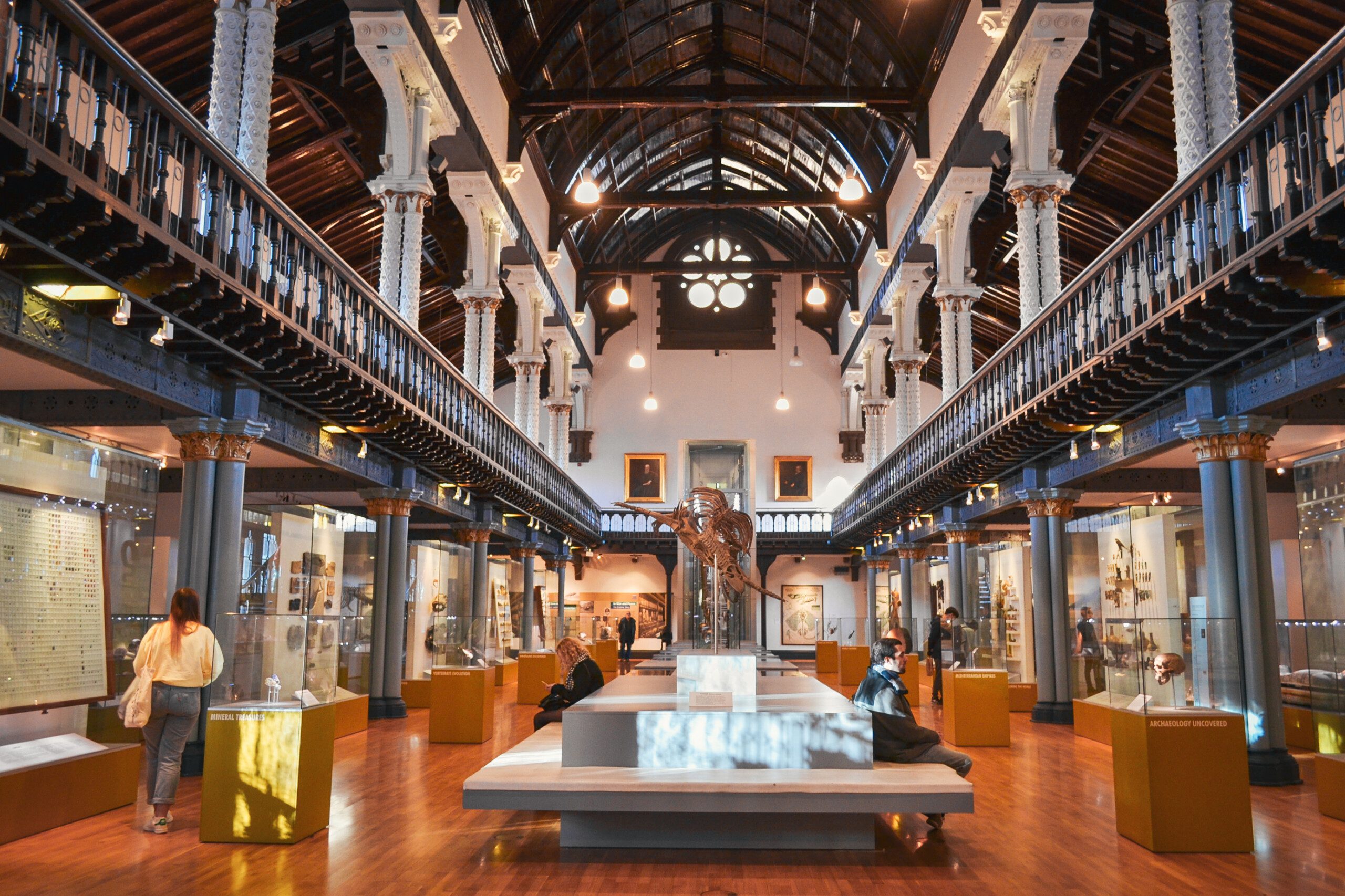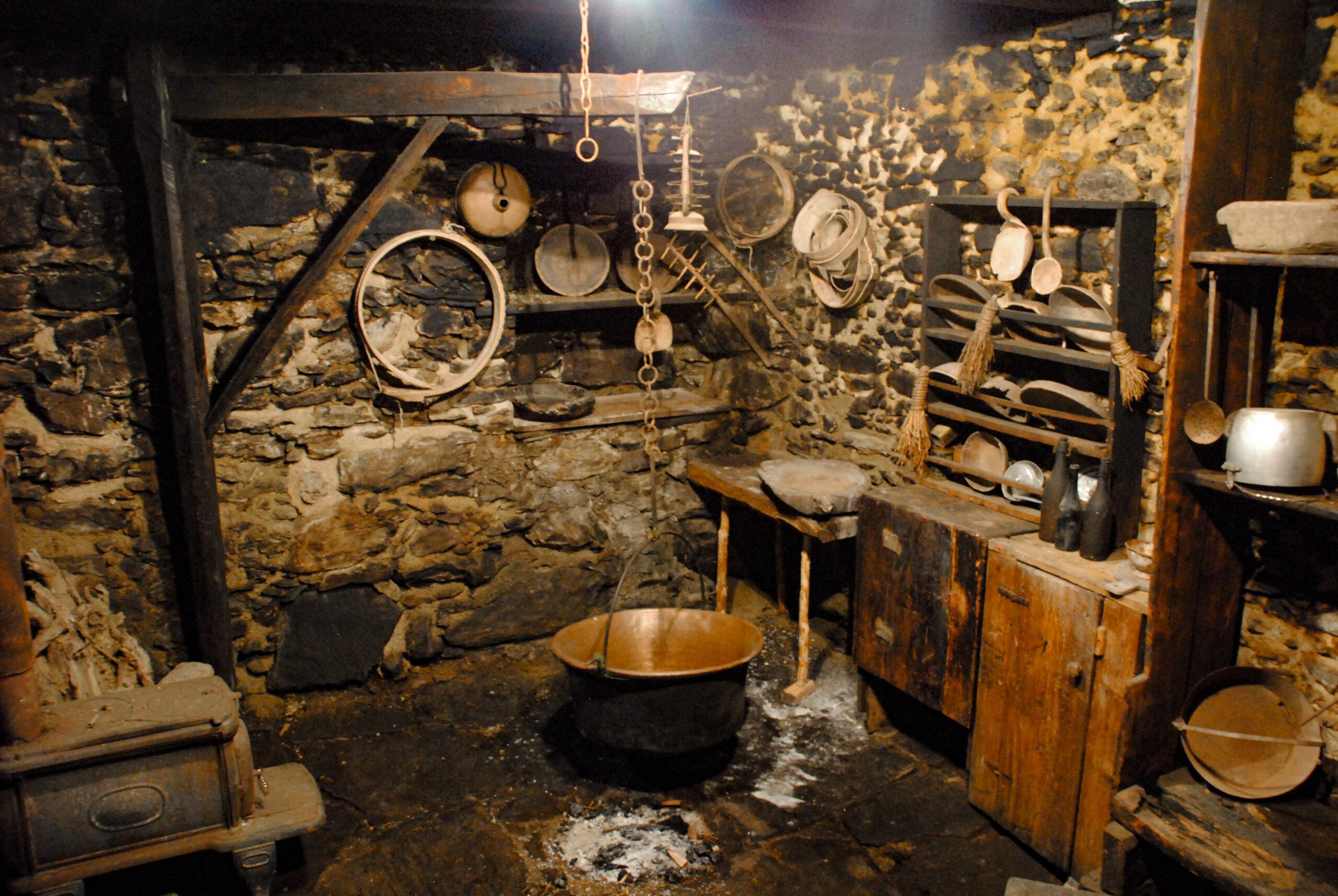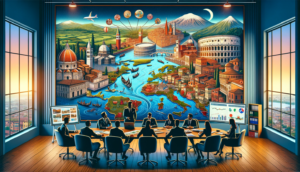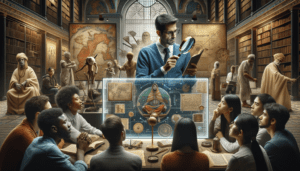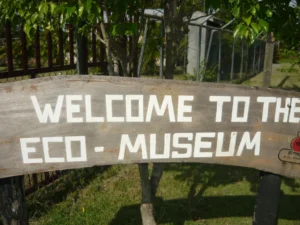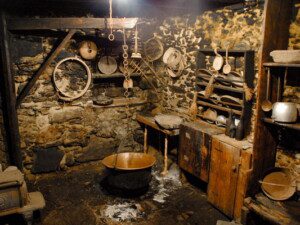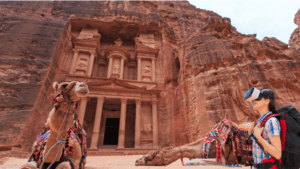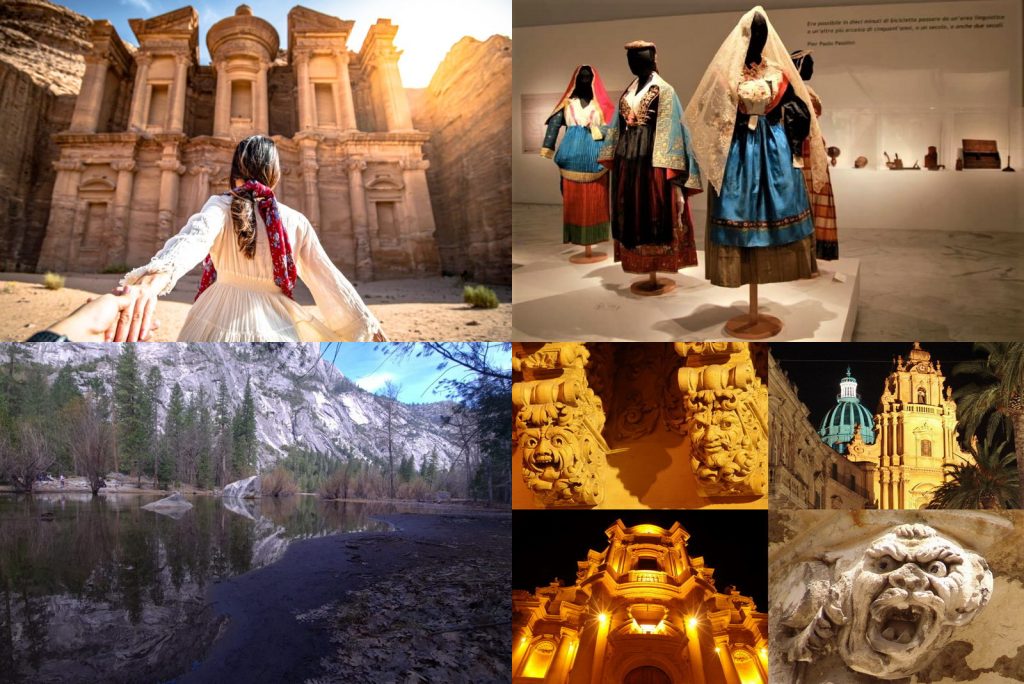Instrumentalist (Musician): Reference scheme
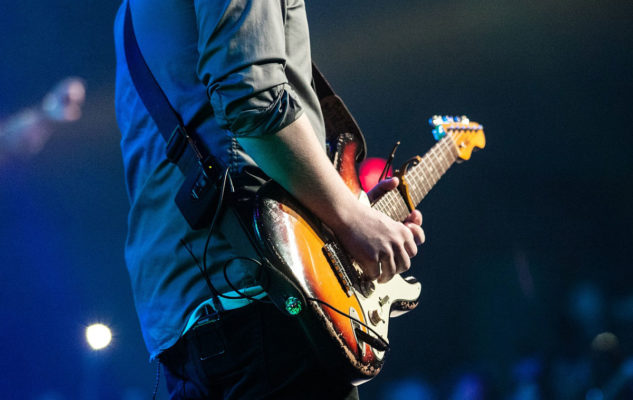
Scheme D) Unregulated profession without a defined scheme (provisional scheme)
The reference scheme is based on the 'modelSkills Cycle' and is in line with the 'Tourism, Arts, Heritage Competence Framework (TAH-CF)'. the TAH-CF is defined in accordance with the European Qualifications Framework (EQF), the Recommendation of the European Parliament and of the Council 2009/C 155/02 (ECVET) and the APNR (Non-Regulated Professional Activities) scheme adopted by UNI for the technical standardization of unregulated professions.”
The form is made available to all stakeholders in the cultural tourism supply chain in order to collect comments and useful elements for identifying the initial scheme. All interested parties are invited to improve the sheet by sending their contributions to info@aiptoc.it
Description
PAS22: Instrumentalist (Musician) (V-VI-VII-VIII EQF Level)
The instrumentalist (musician) interprets and performs scores, pieces and concerts using musical instruments of various types as a soloist, in orchestras or in musical groups; he applies his musical knowledge to arrange and perform songs.
The duties of an instrumentalist (musician) may include:
- Interpretation of Musical Pieces: Perform scores and musical pieces with one or more instruments.
- Participation in rehearsals and concerts: Prepare for and participate in rehearsals, concerts and recitals both as a soloist and in groups.
- Arrangement of Songs: Adapt and arrange musical pieces for different contexts or ensembles.
- Collaboration with Other Musicians: Working with other musicians, both in small ensembles and large orchestras.
- Instrument Maintenance: Care for and maintain musical instruments in good condition.
- Song Recording: Participate in studio recording sessions for albums, soundtracks, or other musical projects.
- Teaching and Training: Provide music lessons and instrumental instruction to students of various ages and levels.
- Participation in Events and Festivals: Performing at music events, festivals and competitions.
- Musical Experimentation: Explore new musical styles, genres and techniques to enrich your artistic repertoire.
Standards of Reference
- European Qualification Framework (EQF)
- Recommendation 2009 / C 155/02 (European Credit System for Vocational Education and Training - ECVET)
- Law 4/2013 relating to unregulated professions (Italy)
Profile Evaluation Criteria
To certify the possession of skills, it is proposed to take into consideration methodologies that take into account the following aspects in a non-mutually exclusive manner, i.e. possibly in combination with each other:
- Qualifications awarded in the academic field (Formal Learning)
- Specific Training (Non-Formal Learning)
- Work, professional or artistic experience (Informal Learning)
Work, professional or artistic experience can be demonstrated through various tools including:
- Curriculum Vitae
- Professional portfolio
- Objective placement on the market (awards, regional, national or international recognition)
- Publications (scientific or editorial)
Requirements for access to the professional figure
Since the professional figure is not organized in an order or college, the requirements may vary based on the relevant Professional Association or other criteria established by the individual interested parties. Below are the requirements adopted by AITOC - Italian Association of Tourism Professionals and Cultural Operators.
Note: The assigned EQF level (VI, VII or VIII level) is linked to the results of the final evaluation which will take into account the overall qualifications, specific training and work, professional or artistic experience
- Professionals who have attended courses in which the title of XNUMXst or XNUMXnd level academic diploma related to the professional figure in question is issued, issued by an Institute of Higher Artistic, Musical and Dance Education (AFAM);
Or
- Having attended specific training courses for the professional figure in question organized/recognised by Universities, Regions or professional associations established pursuant to law 4/2013 and recognized by the Ministry of Business and Made in Italy (MIMI ex MISE) and at least six months, even if not continuous, of proven work, professional or artistic experience in the relevant sector
Or
- Three-year degree and at least two years, even if not continuous, of proven work or professional experience in the reference sector
Or
- Second grade secondary school diploma and at least five years, even if not continuous, with proven work or professional experience in the relevant sector
Or
- Regardless of the qualification, recognition of the requirements by AIPTOC - Italian Association of Tourism Professionals and Cultural Operators (*).
(*) Note: it is believed, given the particularity of the figure of the artist in question, to recognize this professionalism regardless of qualifications but also taking into account solely the artistic experience. In this case, the evaluation of the following aspects is particularly important
- Curriculum Vitae
- Professional portfolio
- Objective placement on the market (awards, regional, national or international recognition)
-
The following registers and lists are also recognized for inclusion purposes:
- Be included in the Registers of Professional Associations established pursuant to law 4/2013 and recognized by the Ministry of Business and Made in Italy (MIMI ex MISE) as long as they refer to the competence in question
-
Related searches on the Skills Archive Databases (UNDER IMPLEMENTATION)
Featured Heritage Interpretation
Featured training
Basic courses
High Specialization Courses





